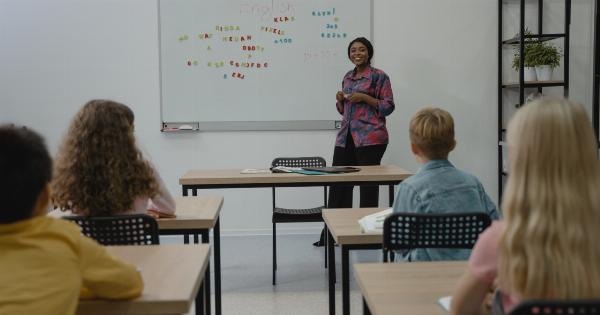Dyslexia is a learning disability that affects a person’s ability to read, write, and spell. It is a brain-based condition that affects how the brain processes language.
Students with dyslexia struggle with reading comprehension, spelling, and writing. This can make it difficult for them to succeed in school. In this article, we will discuss the impact of dyslexia on studying.
Dyslexia and Reading
Dyslexia can make reading difficult for students. They may struggle to decode words, which can lead to poor reading comprehension. Students with dyslexia may read slowly and have difficulty remembering what they have read.
They may also have difficulty identifying main ideas and details in a text.
One of the common signs of dyslexia is difficulty with phonemic awareness. This means that the student may have difficulty recognizing and manipulating the sounds in words. Phonemic awareness is crucial for building reading skills.
Students with dyslexia may need extra support and explicit instruction to develop their phonemic awareness skills.
Dyslexia and Writing
Dyslexia can also impact a student’s ability to write. Students with dyslexia may have difficulty with spelling and grammar. They may struggle to put their thoughts into written form.
This can make it difficult to complete writing assignments and to demonstrate what they know.
One of the challenges that students with dyslexia face is maintaining their focus while writing. They may become easily distracted by spelling errors or grammar mistakes.
This can cause them to lose track of their thoughts and to struggle with organizing their ideas.
Dyslexia and Studying
Students with dyslexia may struggle with studying because of their difficulties with reading and writing. They may have difficulty processing information from textbooks or lecture notes.
They may also have difficulty organizing information and understanding the relationships between different concepts.
One strategy that can help students with dyslexia is to use visual aids to support their learning. Graphic organizers, diagrams, and charts can help students to make connections between ideas and to organize information.
In addition, students with dyslexia may benefit from using assistive technology, such as text-to-speech software or speech recognition software, to support their learning.
Dyslexia and Self-Esteem
Dyslexia can have a significant impact on a student’s self-esteem. Students with dyslexia may feel frustrated or embarrassed about their difficulties with reading and writing.
They may perceive themselves as “stupid” or “lazy.” This can lead to feelings of low self-worth and a lack of motivation.
It is important for students with dyslexia to receive support and encouragement from their teachers and family members. They need to know that their difficulties with reading and writing are not due to a lack of intelligence or effort.
It is also important for them to develop strategies to cope with their difficulties and to build their self-confidence.
Dyslexia and Accommodations
Students with dyslexia are entitled to accommodations under the law. These accommodations may include extra time on tests, access to books in an alternative format, or the use of assistive technology.
Accommodations can help students with dyslexia to demonstrate their knowledge and to succeed in school.
It is important for teachers and school administrators to be aware of the needs of students with dyslexia and to provide appropriate accommodations.
Schools may also provide specialized support services, such as tutoring, to help students with dyslexia to build their reading and writing skills.
Dyslexia and Career Success
Despite the challenges of dyslexia, many people with the condition go on to achieve great success in their careers. Some may choose careers that do not require strong reading or writing skills, such as the arts or trades.
Others may pursue careers that do require strong literacy skills but find ways to compensate for their difficulties, such as using assistive technology or working with a mentor.
It is important for students with dyslexia to recognize that their condition does not define them or limit their potential. With support and accommodations, they can develop the skills and confidence they need to succeed in school and in their careers.
Conclusion
Dyslexia can have a significant impact on a student’s ability to read, write, and study. However, with appropriate support and accommodations, students with dyslexia can develop the skills they need to succeed in school and in their careers.
It is important for teachers, parents, and students to work together to build strategies for coping with dyslexia and to develop a positive self-image.




























